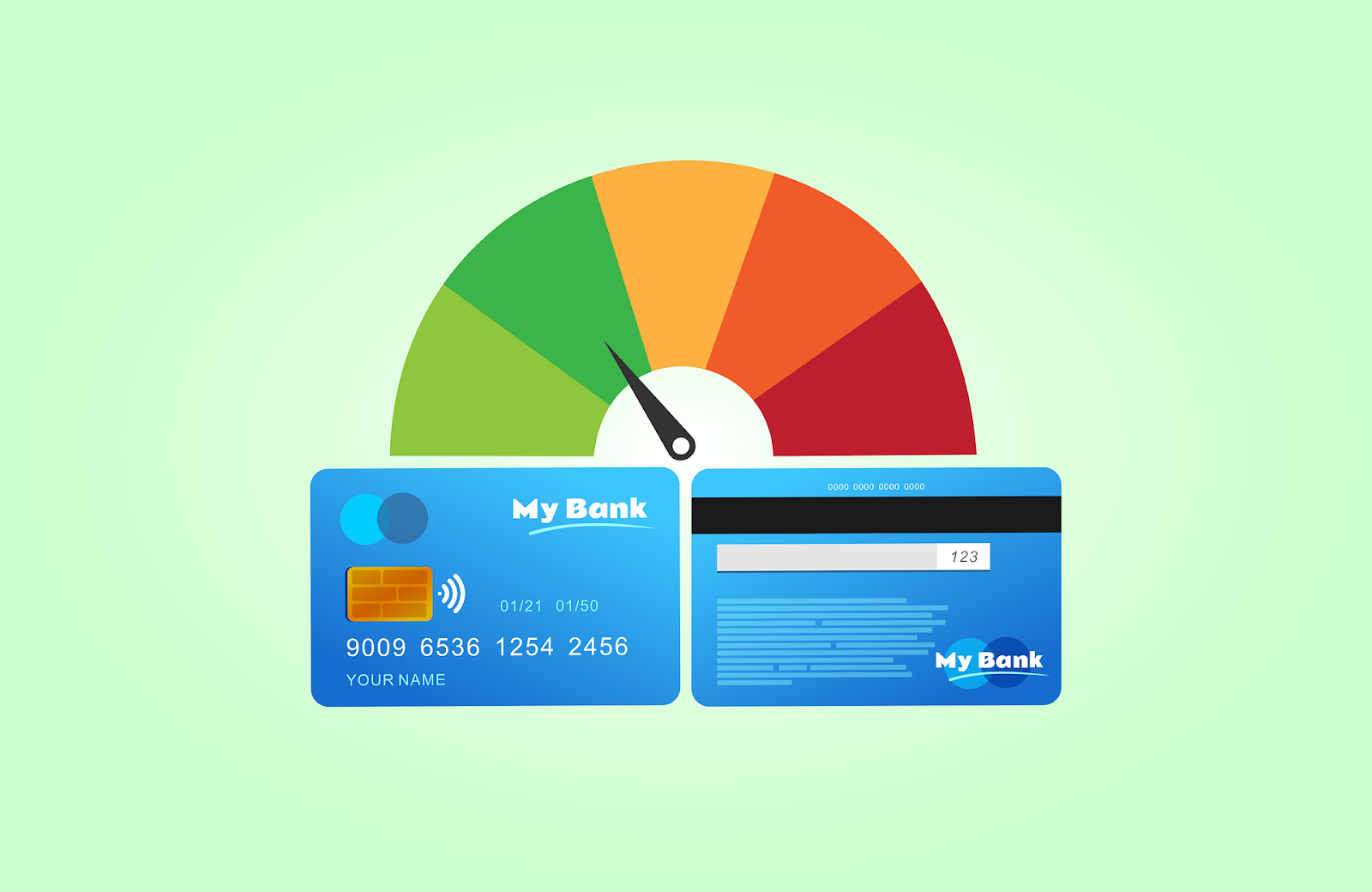When it comes to improving your credit score, there’s no universal solution. However, with some knowledge and careful planning, you can ensure that your financial footing remains stable and secure. The best way to do this is by understanding the basics, setting goals, and making sure you’re tracking your progress. A better credit score also makes it easy for you to get the lowest available interest rates when you take loans. Here are some tips to help increase your credit rating.
Pay Bills On Time
Your payment history is a large factor in determining your overall credit score. That’s why it’s important to make sure you pay all your bills, including credit cards and loans, on time. Late payments can negatively affect your score, and can last on your credit reports for up to seven and a half years.
If you miss a payment by one month or more, reach out to the creditor and inform them immediately. It would be best if you also tried to pay up as soon as possible. You can even look for other sources of income to earn extra cash if your budget is tight. Remember, paying on time is one of the highest scoring factors in VantageScore and FICO credit scoring systems.
Review Your Credit Reports
First, it’s crucial to analyze your credit reports before looking for ways to improve them. Doing so will give you an idea of what’s working for or against you. Get your credit report copies from national credit bureaus like Equifax and analyze them well. Low credit balance, paying on time, older credit accounts, and a few inquiries on new credit help improve your credit score. On the other hand, credit score detractors, high credit card balance, collection, judgment, and missed/late payments negatively affect your credit score.
Buy Tradelines
A tradeline is any account listed on your credit report by a credit reporting agency. This account usually belongs to someone with a positive credit history that can help improve your credit score when they add you as an authorized user.
Buying tradelines is a quick way of improving your credit score. However, it is crucial to research and work with a reputable company, as many scams exist. Going through a tradeline supply company review is a good way of finding a reliable source. This way, you can be sure of getting quality tradelines with accurate information.
Reduce Credit Utilization
Credit utilization is the second most crucial factor in FICO score calculations after payment history. Aim to clear your monthly credit card balance at once every month. If that’s not possible, try to have your total outstanding balance at 30% of your credit limit or less. With time, work on reducing this amount to 10% or less, which is the best at helping you build your credit score.
Avoid Applying for New Credit
Applying for new credit, auto loan, mortgage, or other new credit can negatively affect your credit score. When you apply for new credit, banks take it that you need money because you’re already in a financial crisis and that you’re at a bigger risk. It’s best to avoid applying for new loans for some time. Instead, look for other ways of resolving your financial difficulties.
Don’t Close Your Old Credit Accounts
If you have old credit accounts with timely and complete payments, leave them open, as they can help improve your credit score. For instance, you may have an auto loan or student debt that you want to wipe from your credit report, thinking it’s the best idea, but it’s not.
An old credit account with a good track of timely and complete payments shows creditors and lenders how responsible you’re. Closing such accounts can lower your credit score as you’ll have a lower maximum credit limit.
Consolidate Your Debts
Consider taking a debt consolidation loan to clear off all your debt, especially if you have various outstanding debts. This way, you’ll remain with one debt to clear, and if you can get the loan with a lower interest, the better, as you’ll be able to clear it faster, improving your credit score.
The same applies to credit card balances. Here, you can consolidate numerous credit card balances and pay them with a balance transfer credit card. The good thing with these cards is that they often have promotional times where they charge 0% interest on your balance.
Monitor Your Credit Score
Monitoring your credit score helps you know how well you manage your credit and whether you need to make any adjustments. You can use credit monitoring services, usually free, to determine how your credit report is fairing. These services also grant you access to one of your credit scores from TransUnion, Equifax, or Experian. You’re also likely to avoid fraud and theft when you monitor your credit score. For instance, you can be alerted of new credit card accounts added to your credit file without your permission.
There are many ways you can use it to improve your credit score. Monitoring credit scores, consolidating debts, reducing credit utilization, timely payment, buying tradelines, etc. However, remember all these methods take time, and the sooner you start, the sooner you’ll see results.
















